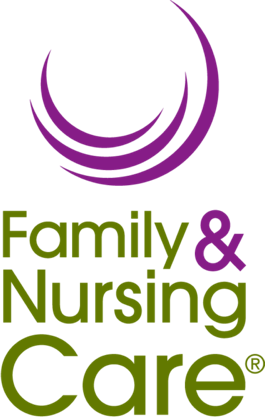 Our Client Service Manager Associates are not only compassionate and hardworking but also integral to the Family & Nursing Care team. Their goal is to instill confidence in clients, so they know they are in capable hands, picking up where Client Services Managers leave off.
Our Client Service Manager Associates are not only compassionate and hardworking but also integral to the Family & Nursing Care team. Their goal is to instill confidence in clients, so they know they are in capable hands, picking up where Client Services Managers leave off.
While you might not get the chance to see them in person often, you likely have heard our Client Service Manager Associates on the other end of the phone when you call Family & Nursing Care. They help ensure lines of communication are kept open even while the Client Service Managers are out in the field visiting clients and their families.
This dynamic duo – Judlie Pierre-Jacques and Aiyana Glover – have much in common, and it’s not just their passion for helping enhance the lives of older adults. They are empathetic, responsive, and knowledgeable, making them the perfect active listeners and points of contact to form relationships with clients and their families and gain a sense of how to best help them. The Client Service Manager Associates know how to help clients and families feel heard, comfortable, and confident in their next steps. What’s more, in working closely with Client Services Managers, the Associates gain valuable on-the-job experience, making them skilled candidates for promotion when the time is right.
Their unique blend of perspectives and backgrounds adds to the personal touch the Family & Nursing Care team strives to achieve with every interaction. Prior to joining our team, Judlie worked in the elder care industry while Aiyana has experience in customer service.
When not at work, Judlie loves photography, dancing, and volunteering, while Aiyana enjoys art, bird watching, and volunteering as well. To learn more about how our team can help, visit our Client Services Managers webpage.






